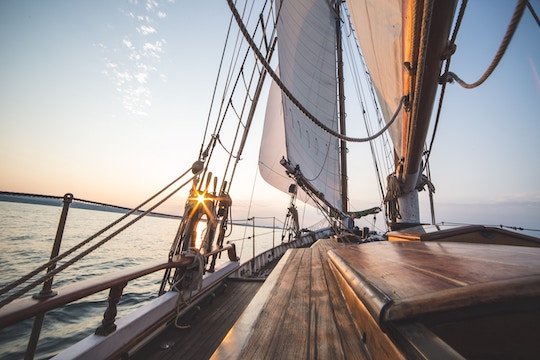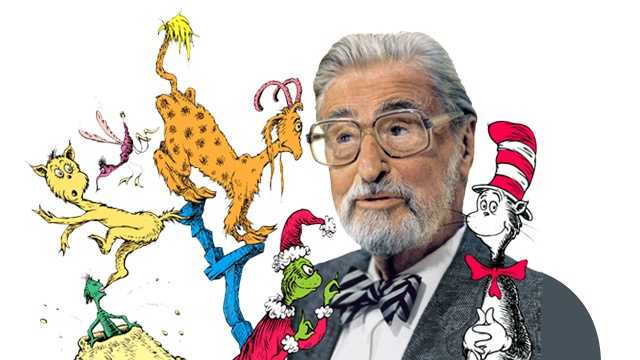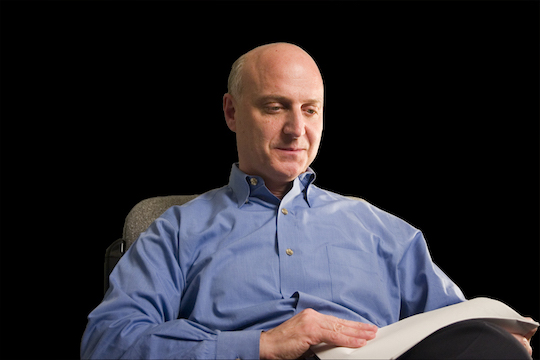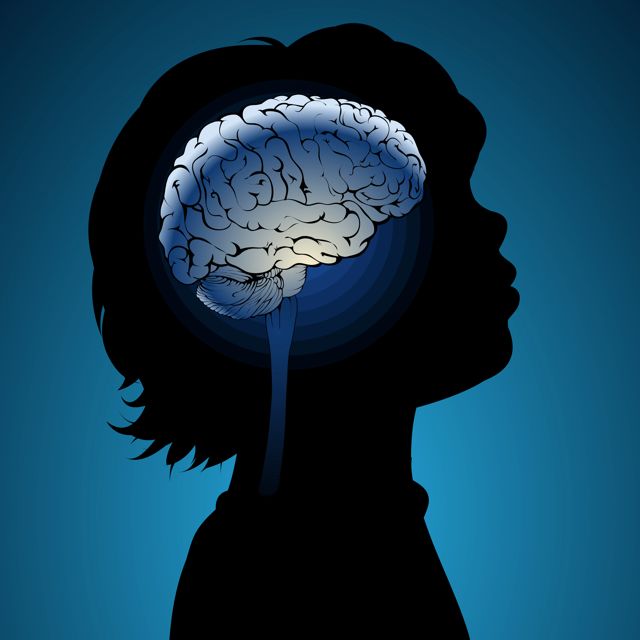“You cannot teach a crab to walk straight.”
—Aristophanes, classic Athenian poet and playwright

Image from Unsplash by Chandler Cruttenden
Picture a crab scurrying across a beach, searching for food or a mate, or avoiding a predator.
With claws and legs of different sizes and functions, getting to their destination in a straight line is not the point for this creature—being a successful crustacean living from one day to the next is.
Perhaps our changing world has altered our own way of getting around. Many direct routes to our objectives are not open or have significant detours, causing us to adapt and adjust our course.
What can we learn from the crab? Perhaps if we took more lefts, rights, and zig-zags, would we not only survive, but thrive as we headed into the future?
EXERCISE:
Where in your personal or professional world is taking the straight path not working?
Where might a less direct path lead you to where you wish to be?









